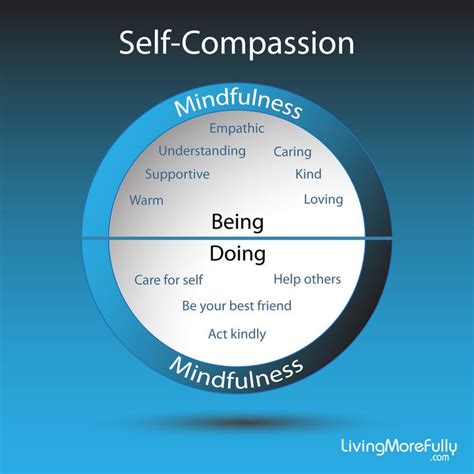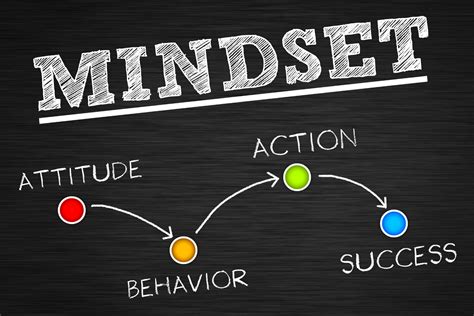The Unseen Battle: Cultivating Resilience
Life is an unpredictable journey, and along the way, we inevitably encounter hurdles that test our resolve. Whether it’s a sudden financial setback that disrupts our security or a frustrating fitness plateau that stalls our progress, these challenges often feel insurmountable. Yet, the power to overcome them lies not just in external circumstances, but significantly in the internal strategies we employ – our mindset. Building resilience isn’t about avoiding these challenges; it’s about developing the mental fortitude to face them head-on, learn from them, and emerge stronger.
While seemingly disparate, financial setbacks and fitness plateaus share a common thread: they both demand a powerful shift in perspective and a tenacious spirit. Understanding the psychological tools that underpin resilience can transform moments of despair into opportunities for growth and sustained progress in both domains.

Embracing a Growth Mindset: The Foundational Pillar
At the heart of resilience lies the growth mindset, a concept popularized by Dr. Carol Dweck. This perspective views abilities and intelligence not as fixed traits but as qualities that can be developed through dedication and hard work. When applied to financial setbacks or fitness plateaus, a growth mindset encourages us to see these obstacles not as definitive failures, but as temporary conditions and valuable learning experiences.
Reframing Failure as Feedback
Instead of succumbing to self-blame or despair, a resilient mindset reframes ‘failure’ as ‘feedback’. A financial loss becomes data to analyze spending habits or investment strategies. A fitness plateau reveals areas where training might need adjustment, nutrition optimization, or rest. This perspective shifts the focus from ‘what went wrong’ to ‘what can I learn and how can I improve?’
Focusing on Process, Not Just Outcome
While outcomes are important, an overemphasis on them can lead to demotivation when results aren’t immediate. Resilient individuals learn to value the process – the consistent effort, the discipline, the small daily steps. In finance, this means adhering to a budget, saving regularly, and educating oneself, regardless of market fluctuations. In fitness, it means showing up for workouts, prioritizing sleep, and making healthy food choices, even if the scale isn’t moving instantly. This process-oriented approach builds sustainable habits and psychological stamina.

Practical Strategies for Mental Fortitude
Beyond the overarching growth mindset, several actionable strategies can be deployed to strengthen your mental resilience.
Mindful Acceptance and Self-Compassion
It’s natural to feel frustration, fear, or anger during setbacks. Instead of suppressing these emotions, mindful acceptance encourages acknowledging them without judgment. Coupled with self-compassion – treating yourself with the same kindness and understanding you would offer a friend – this strategy prevents negative self-talk from spiraling and allows you to move forward constructively.
Setting Realistic and Flexible Goals
Unrealistic expectations are often a precursor to disappointment. Set goals that are challenging yet attainable. More importantly, build flexibility into your goal-setting. Life happens. A financial emergency might derail a savings plan; an injury might force a pause in training. Adapt your goals rather than abandon them, adjusting timelines or methods as needed.

Building a Strong Support System
You don’t have to face challenges alone. A strong network of friends, family, mentors, or professionals can provide invaluable emotional support, practical advice, and accountability. Sharing your struggles can alleviate stress and offer fresh perspectives, whether it’s discussing investment strategies with a financial advisor or seeking advice from a fitness coach.
Practicing Stress Management and Self-Care
Chronic stress erodes resilience. Incorporate daily practices that help manage stress, such as meditation, deep breathing exercises, spending time in nature, or engaging in hobbies. Prioritizing sleep, healthy nutrition, and regular physical activity (even light activity during a fitness plateau) are fundamental acts of self-care that recharge your mental and emotional batteries.

Actionable Steps for Financial Setbacks
- Assess and Plan: Objectively evaluate the situation, identify root causes, and create a realistic recovery plan.
- Budget Review: Scrutinize expenses, cut non-essentials, and prioritize needs.
- Seek Guidance: Consult financial advisors or credit counselors for expert advice.
- Small Wins: Celebrate minor financial achievements to maintain motivation (e.g., paying off a small debt, saving an emergency fund increment).
Actionable Steps for Fitness Plateaus
- Analyze and Adjust: Review your training log, nutrition, and recovery. Identify potential areas for change (e.g., progressive overload, different exercises, macro adjustments).
- Prioritize Recovery: Ensure adequate sleep and incorporate active recovery days.
- Cross-Training: Introduce new activities to challenge your body differently and break monotony.
- Re-evaluate Goals: Check if your current goals are still motivating and realistic, adjust if necessary.

Conclusion: The Ongoing Journey of Resilience
Building resilience against financial setbacks and fitness plateaus is not a one-time fix but an ongoing practice. It involves cultivating a growth mindset, embracing challenges as learning opportunities, and consistently applying practical strategies for self-care and mental fortitude. By consciously developing these mindset strategies, you equip yourself with the enduring strength to navigate life’s inevitable ups and downs, turning obstacles into stepping stones toward greater personal growth and unwavering success.




